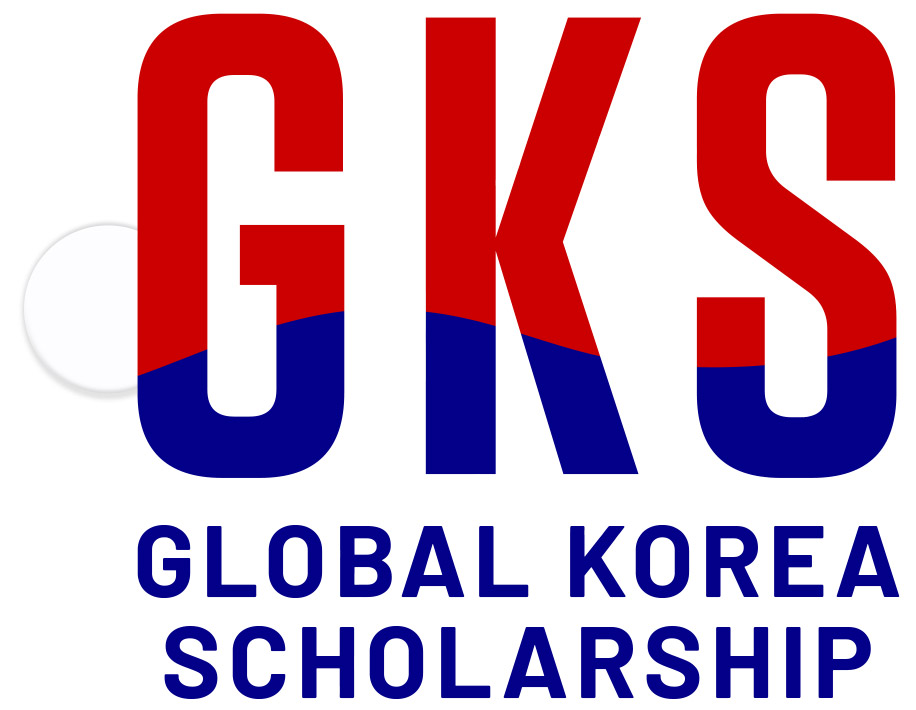
During the last ten years, Korea has become one of the most popular destinations for international students studying in Asia. It is attractive, trendy, and has a lot for a newcomer to indulge in and explore. South Korea isn't just about K-pop, K-drama, K-movie, K-beauty, Kimchi, giant MNCs, and UNESCO world heritage sites. It is also an incredible destination for international students to pursue academic excellence. There are about 400 national and private universities and some universities have state-of-the-art research facilities in several new and emerging scientific fields. South Korea has been attracting a lot of international students into their undergraduate, graduate and research programmes. The academic year usually starts in March for the spring season and September for fall.
For more details regarding courses, English exclusive lectures, Dormitory etc. in major universities and colleges in Korea please visit the link:
